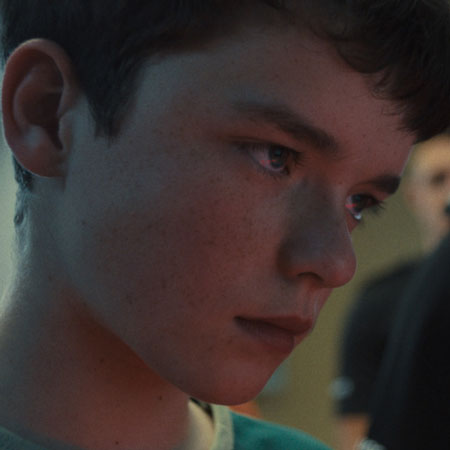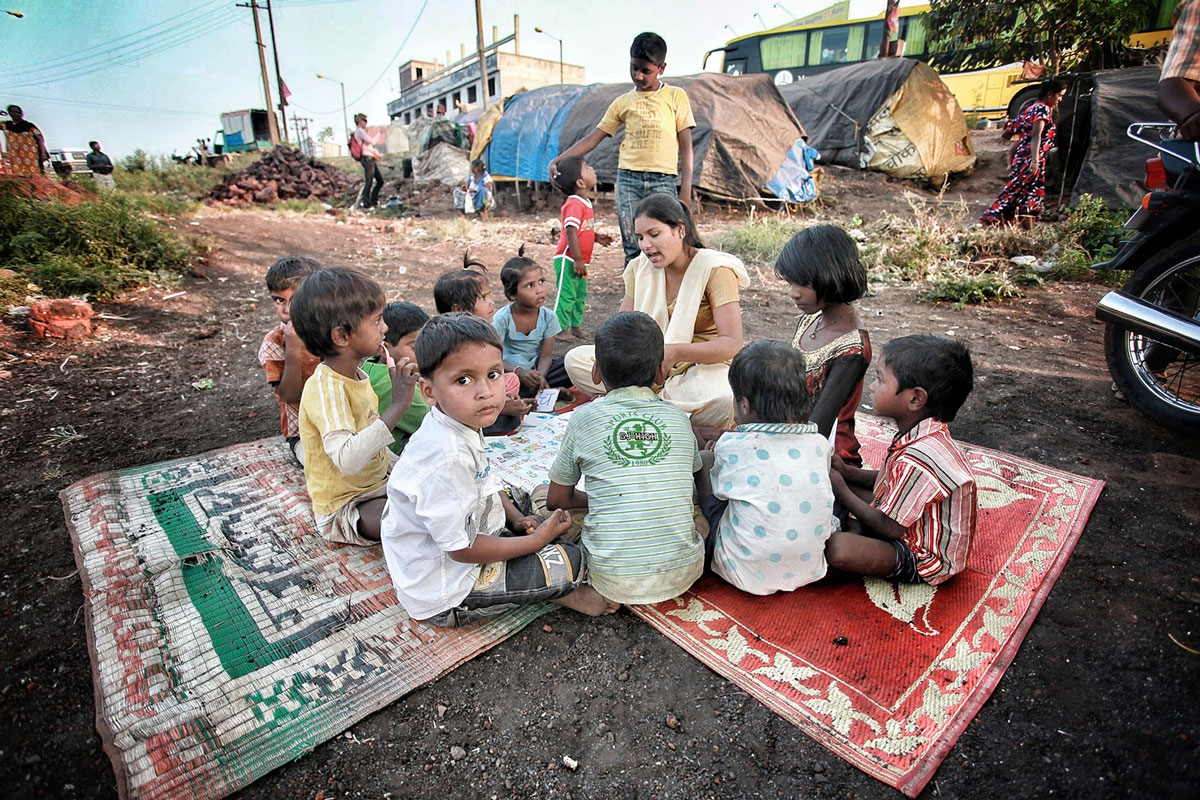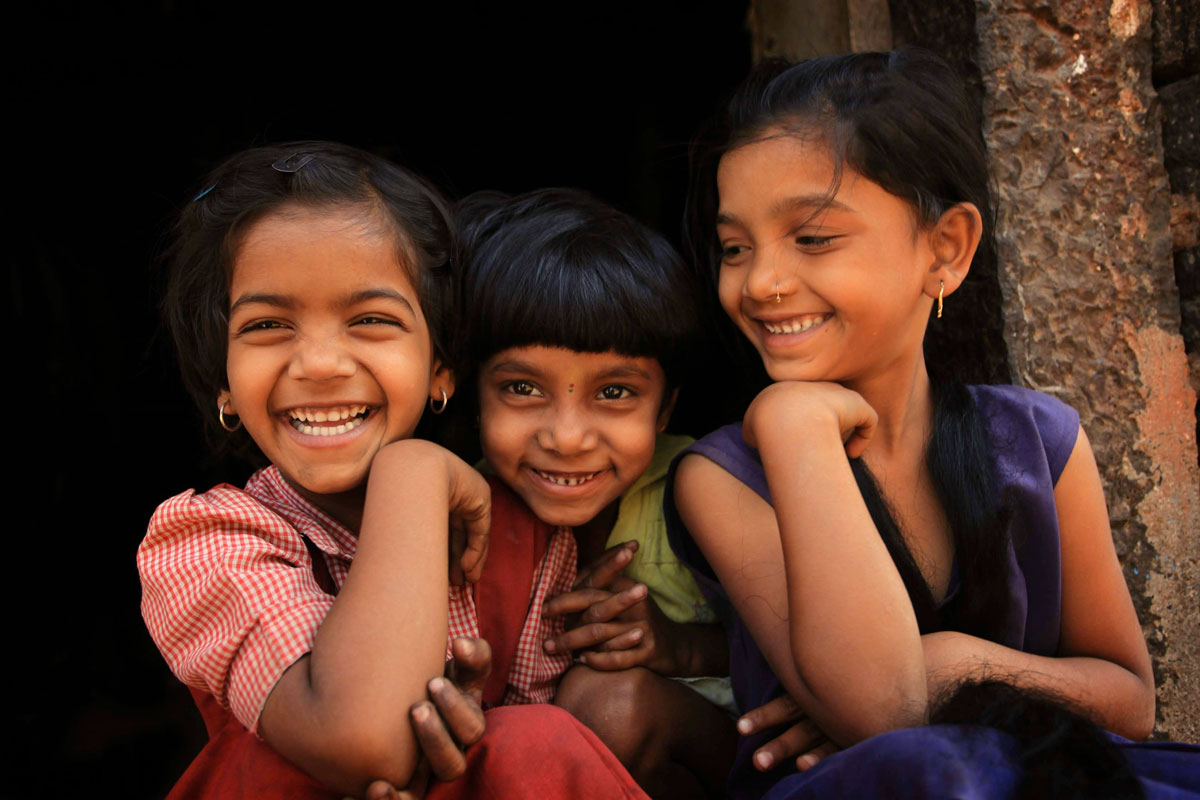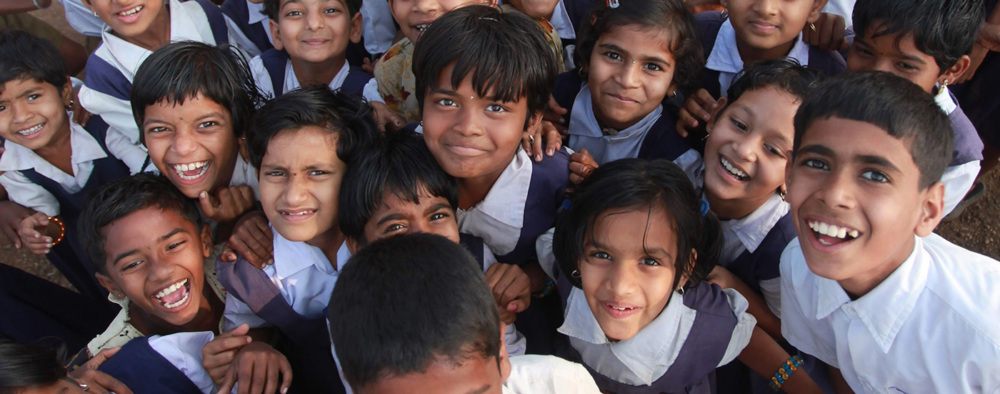
Gender justice
Gender justice
Editor’s Note: This blog post was written in coordination with GFC Monitoring, Evaluation, and Learning Specialist Rituu B. Nanda.
Avani, a Juliette Gimon Courage Award winner, works to end child exploitation and trafficking and to change harmful gender roles, norms, and power dynamics in Kolhapur, India. To address gender-based inequities, the organization uses a community ownership approach that encourages a community response to advancing gender equity. Avani is part of GFC’s Combating Child Trafficking in India initiative.
In 2019 and 2020, Avani was delivering gender equity modules to adolescent students in selected schools and slum areas of Kolhapur. While the Avani team was encouraged by some changes they witnessed in individual students over the three-month program period, they wanted to evaluate the systemic impact of the program and determine what they could do better.
In 2021, to understand if the modules were leading to behavior change among the students, the Avani team used the most significant change (MSC) participatory monitoring and evaluation approach, which involves the collection of significant change stories at the field level. Avani decided to collect personal accounts of change from the perspective of program participants and then to determine which experiences of change were most significant.
Collecting stories
GFC Monitoring, Evaluation, and Learning Specialist Rituu B. Nanda worked with Avani to co-create the format of the stories. The Avani team then gathered stories by asking respondents to describe both a change that could be directly linked back to an activity of the gender equity program and the reasons they considered it significant. Thirteen stories were collected in the Marathi language and then translated into English. COVID-related lockdowns restricted the number of participants that Avani staff could reach out to.
[image_caption caption=”Avani provides care and education to children in brickyards and other sites where child labor is common. © Scott Kafora / Avani” float=””]
 [/image_caption]
[/image_caption]
Making sense of the stories
The Avani team analyzed the stories and collectively determined which changes were the most significant. Out of the 13 stories, Avani shortlisted five. The Avani team then anonymized the shortlisted stories and shared them with GFC’s Asia and global teams, which chose three stories as showing the most significant change.
The most consistent changes for students were at the personal and household levels. For instance, boys reported beginning to participate in household chores. Recognizing the importance of education, another boy convinced his parents to allow his sister to continue her studies.
Capturing stories beyond success
The emphasis on success stories in the development sector influences field staff to focus on what is working. But there is much to be learned from stories that show less positive outcomes. As the Avani team came to realize that GFC valued learning and that being open about their work would not affect GFC’s funding, they also began to share stories of what was not working.
Evaluating the depth of change
Through the story analysis, the Avani team recognized that while there were changes attributed to the school-based gender-equity modules, they were not transformative. Issues rooted in deep-seated patriarchy and gender-discriminatory attitudes require adolescent leadership coupled with supportive families and communities.
Avani adapts its approach
Through the monitoring, evaluation, and learning process, Avani identified a gap – and took action. “We used to provide set modules to adolescents in schools,” Avani staff noted. “We now recognize that we have to go to the root, where the problem is – i.e., the parents and the community.” To effect transformative change, Avani adopted a community ownership approach that engages parents, young people, and other community members through SALT (Stimulate, Appreciate, Learn, and Transfer) conversations, followed by opportunities for participants to express their vision for gender equity in their community. This approach is already starting to shift entrenched attitudes about gender equity.
[image_caption caption=”Avani provides a range of programs for child laborers and children at risk of exploitation. © Scott Kafora / Avani” float=””]
 [/image_caption]
[/image_caption]
Reflections on the story analysis process
Using the story analysis approach gave the Avani team a new vantage point on their work, while creating a safe emotional space where community members feel comfortable sharing their experiences. There is greater diversity in the changes Avani has documented, and one can see the improvement in the team’s capacity to document and capture changes.
An additional value of the story analysis process was its participatory nature; this was not a mere compliance activity. The MSC approach helped the Avani team to use organizational learning to adapt their model, and the stories will assist the team in sharing Avani’s work with the outside world.
Takeaway: When people own the monitoring and evaluation process, they are empowered to create change
Monitoring and evaluation are traditionally viewed as a form of control by external funders and experts, measuring performance against preset indicators. In contrast, GFC sees monitoring and evaluation as helping project staff to facilitate their own learning, to understand what is working and not working, and to undertake modifications accordingly. When monitoring and evaluation are led by those involved, these processes can provide room for experimentation, learning, and action.
In 2020, Avani won GFC’s Juliette Gimon Courage Award, joining a select group of courageous organizations that are advancing children’s rights amid extreme challenges. This year’s winners of the Courage Award will be announced soon!
Header photo: Avani works to end child exploitation in Kolhapur, India and provides education to children in brickyards and other sites where child labor is common. © Scott Kafora / Avani
